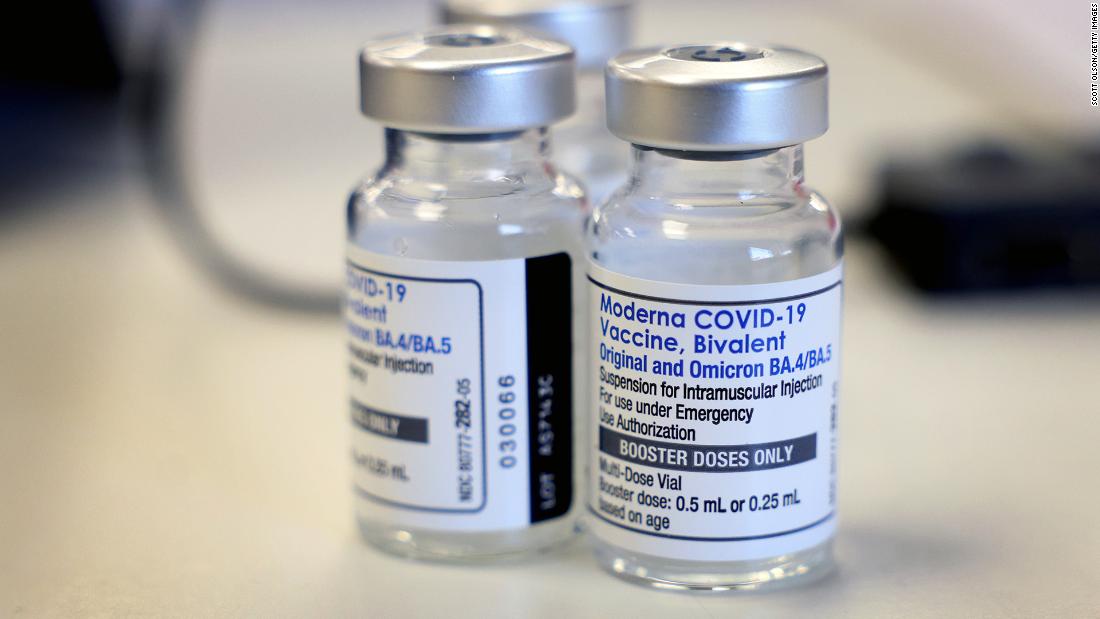ENZO MARESCA has broken his silence on Mykhailo Mudryk’s failed drugs test.
The FA has provisionally suspended the Ukrainian winger after he provided a positive result for an A-sample in October.
GettyEnzo Maresca has broken his silence on Mykhailo Mudryk[/caption]
GettyMudryk has been provisionally suspended after testing positive for meldonium[/caption]
Instagram / @mmudryk10The drug is similar to insulin and is widely used in Eastern Europe[/caption]
Mudryk, 23, reportedly tested positive for meldonium, which is a banned substance similar to insulin which could lead to a FOUR YEAR BAN.
He and Chelsea are now awaiting the result of a B-sample, which will confirm the original test if it is positive.
Maresca has come out in support of the £88.5million signing and believes he will return to the team.
He said: “We all believe Mudryk is innocent.
“I don’t think Misha’s Chelsea career is over. I think he will come back.
“We don’t know when, that is the only doubt we have in this moment.
“But for sure, he will be back.”
Mudryk has protested his innocence and claimed he was left in “complete shock” when he was told.
He said: “This has come as a complete shock as I have never knowingly used any banned substances or broken any rules.
“I am working closely with my team to investigate how this could have happened.
What drug did Mudryk take?
By SunSport’s Joshua Jones
MYKHAILO MUDRYK returned a positive sample for a drugs test in October.
The Chelsea winger could face a ban for up to four years – because the drug was a performance-enhancing substance.
It is alleged Mudryk had the drug meldonium in his system.
Meldonium – aka mildronate – is a metabolic modulator similar to insulin and is widely used in Eastern Europe.
It is used in heart disease therapy but is also claimed to enable athletes to withstand greater stress, use oxygen more sparingly and restore energy levels quickly.
Meldonium was added to the World Anti-Doping Agency banned list in January 2016 following its high prevalence at the 2015 European Games in Baku.
Just months later, former tennis world No1 and Wimbledon champion Maria Sharapova was banned for two years by the International Tennis Federation – although this was later cut to 15 months on appeal.
Sharapova had been taking the drug for ten years for various health issues and claimed she was unaware it had been added to the banned list.
Also in 2016, Russian boxer Alexander Povetkin was found to have traces of meldonium in his system before he was due to fight fellow heavyweight world champion Deontay Wilder.
“I know I have not done anything wrong and remain hopeful that I will be back on the pitch soon.
Maresca has also insisted that Mudryk’s team-mates are also in support of the player.
He added: “We all support Misha.
“The situation is a bit more clear.
“We have a statement from the club, who have already said what we need to say, so there is not anything to add.
“All the players inside the training ground support and trust Misha.”
Chelsea released a statement in the aftermath of the news in which it backed up Mudryk’s claims.
It read: “Mykhailo has confirmed categorically that he has never knowingly used any banned substances.
“Both Mykhailo and the club will now work with the relevant authorities to establish what has caused the adverse finding.”
How long are drugs bans in football?
By SunSport’s Joshua Jones
MYKHAILO MUDRYK could be banned for up to four years after failing a drugs test
But what are the rules regarding drugs in football?
There is a big difference between recreational drugs and performance-enhancing substances.
Recreational drugs – such as cannabis, cocaine, heroin, LSD and MDMA – carry a six-month suspension.
However, this ban can increase to up to two years if a drug is detected when a player is tested after a match.
But performance-enhancing drugs carry a far more severe punishment.
And crucially the alleged drug Mudryk tested positive for, meldonium, falls under that category.
The World Anti-Doping Agency (WADA) code’s standard ban is four years.
That is how long Paul Pogba was suspended for following his failed drugs test – although it was later reduced on appeal to 18 months by the Court of Arbitration for Sport.
The FA follows the UK Anti-Doping code under the WADA authority so will follow their lead and procedures.
Should Mudryk’s follow-up secondary ‘B’ sample also test positive, he is likely to be hit with at least an 18-month ban but it could be as high as four years.
The only person in football currently banned on the UKAD sanctions list for anti-doping rule violations is Craig Campbell.
The former Scottish striker was banned for four years in December 2022 after being convicted of dealing cocaine.
Creator – [#item_custom_dc:creator]















































































































